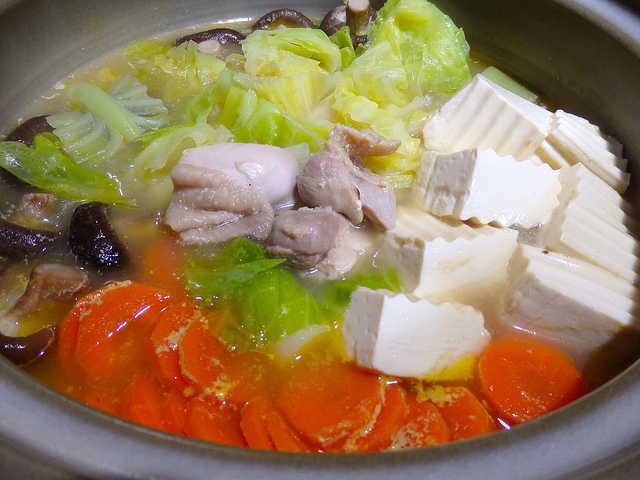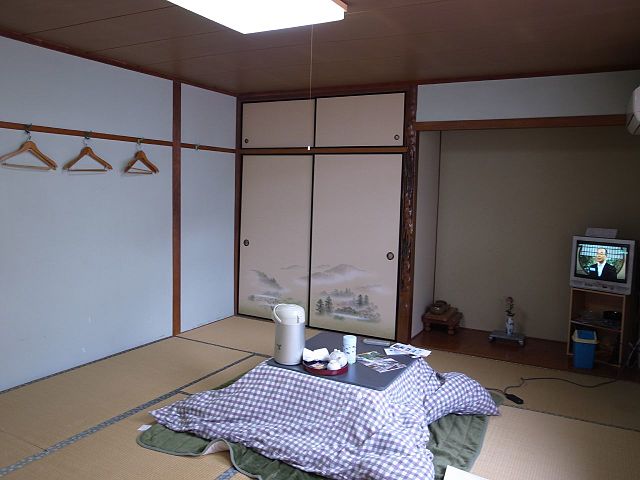
Keep Warm in a Fierce Japanese Winter
Without widespread central heating and non-automatic hot water, there are a lot of essentials to buy when it gets cold.
This post may contain affiliate links. If you buy through them, we may earn a commission at no additional cost to you.
▼For Your Home
Kotatsu
A kotatsu is a heated table with a quilted covering that you can stick your legs, or half of your body, underneath. The kotatsu of a home usually becomes its center in the winter. Once you get under a kotatsu, you will never leave.
Space heater
Although many modern Japanese apartments and homes have built-in wall heaters, they are usually unable to reach every corner of the apartment. Space heaters can be easily moved from one area to another and come in various sizes, colors and types. You may end up having one in every room of the house.
Humidifier
Just like space heaters, Japanese humidifiers come in every color, size and shape imaginable. Some humidifiers even advertise their ability to be a "virus washer." The winter air in Japan is quite dry, especially in the Tokyo area, and having a humidifier helps to remedy this annoyance.
Heated carpet or blanket
With a heated carpet or blanket, you will probably never leave your bed or living room. The temperature is easily adjustable so you won't overheat or grow cold, and they work just as well as regular carpets and blankets when the winter is over.
Window coverings
Space heaters can only do so much, especially if you have a small room with a window, such as the bathroom. Many home goods stores sell window coverings that act as insulators that can help keep the cold air out and the warm air in. Thick curtains are also an option.
▼Clothes/Apparel
Heattech
Heattech is a type of specially designed clothing by the brand Uniqlo which acts as a body insulator and keeps one extremely warm, even with just a thin layer of a shirt or leggings. Other companies have also produced their own kind of heat-retention clothes, although Uniqlo's is the most popular.
Heat packs
These heat packs can be bought at any Japanese convenience store and are placed in pockets, gloves or between layers to produce a little extra warmth while you're walking in the cold. They can last for about an hour or so, depending on the brand.
Roomwear
While lounging around the house in the summer might just mean a tank top and shorts, Japan produces some very cute and very warm roomwear for the winter. Many lingerie brands produce long/short pants, sweaters and robes that are designed to be comfortable and also warm.
Thick tights
Tights are a fashion staple in Japan, and they don't go out of style when it gets cold. Instead, they just get thicker. Many shops that specialize in socks and tights have winter foresight and sell tights that are as thick as 200 デニール, which is the measurement of thickness.
▼Food
Nabe
 Lucy Takakura/Flicker
Lucy Takakura/Flicker
Nabe literally translates to "pot," but usually means the type of food that is made in a ceramic, thick-bottomed nabe pot. They are also called hot pot and consist of several ingredients simmered together in a broth. Anything can be added to nabe, from meat to fish to any vegetable imaginable.
Hot vending machine drinks
While not exactly a delicacy, when the weather turns cold Japanese vending machines begin to sell hot drinks, including canned soup such as corn potage. They are easy to find and are good to cup in your hands to keep warm while waiting for a train or bus.
The information in this article is accurate at the time of publication.












